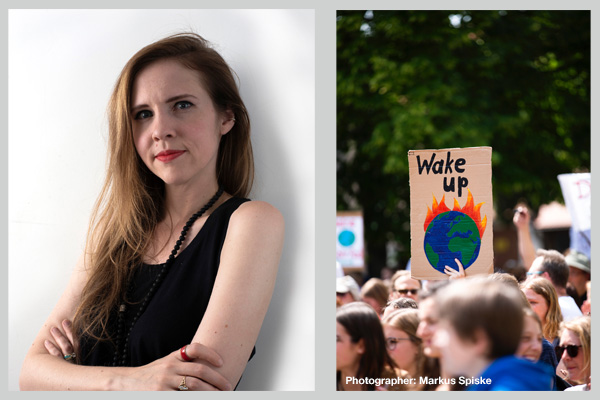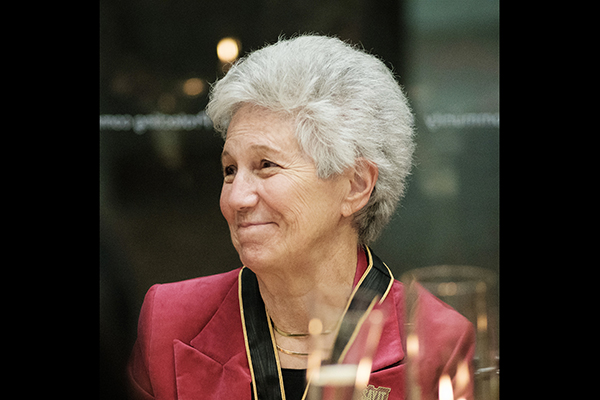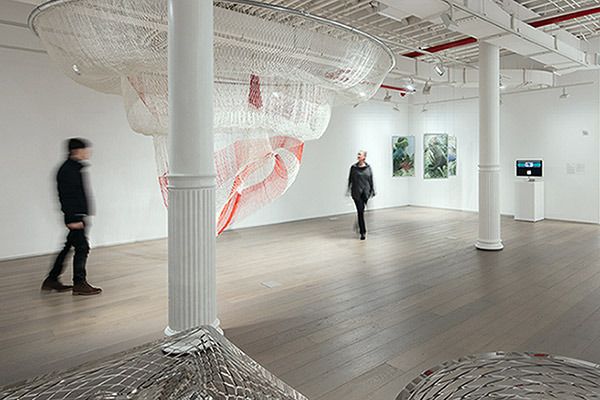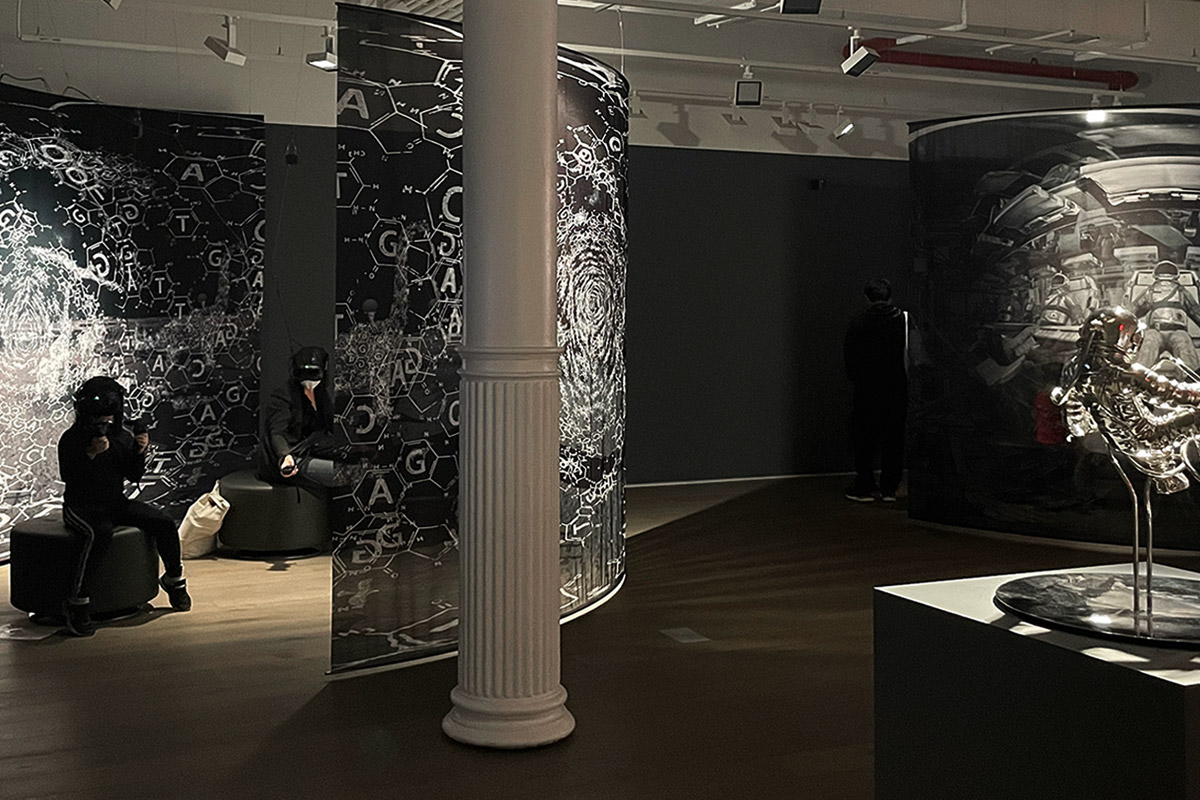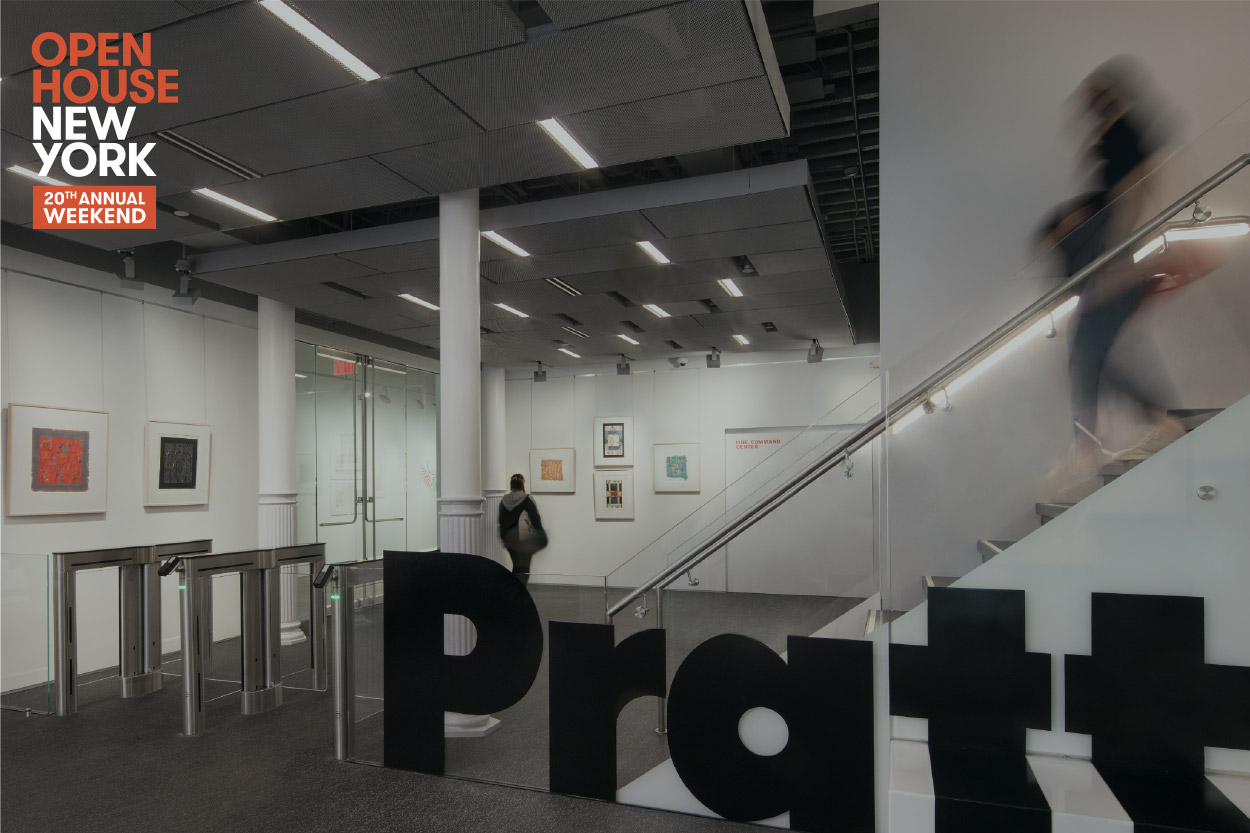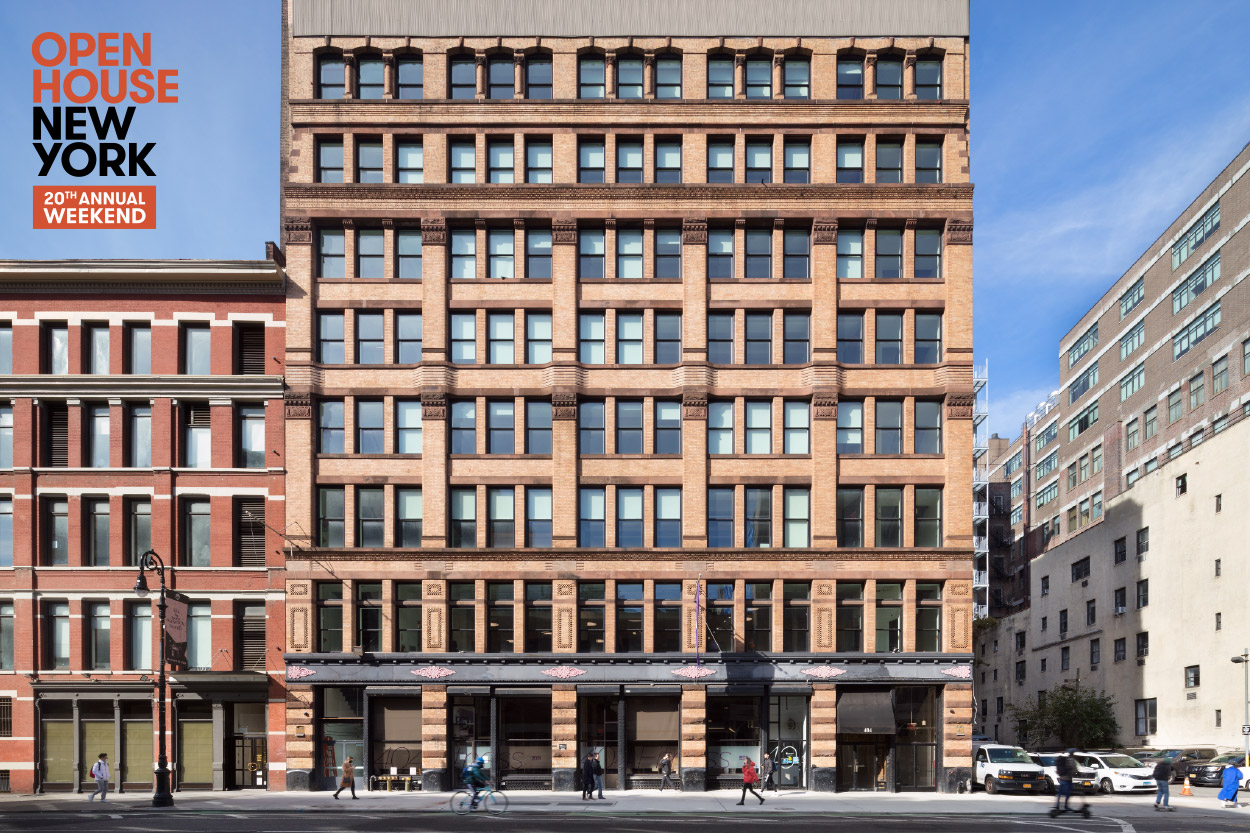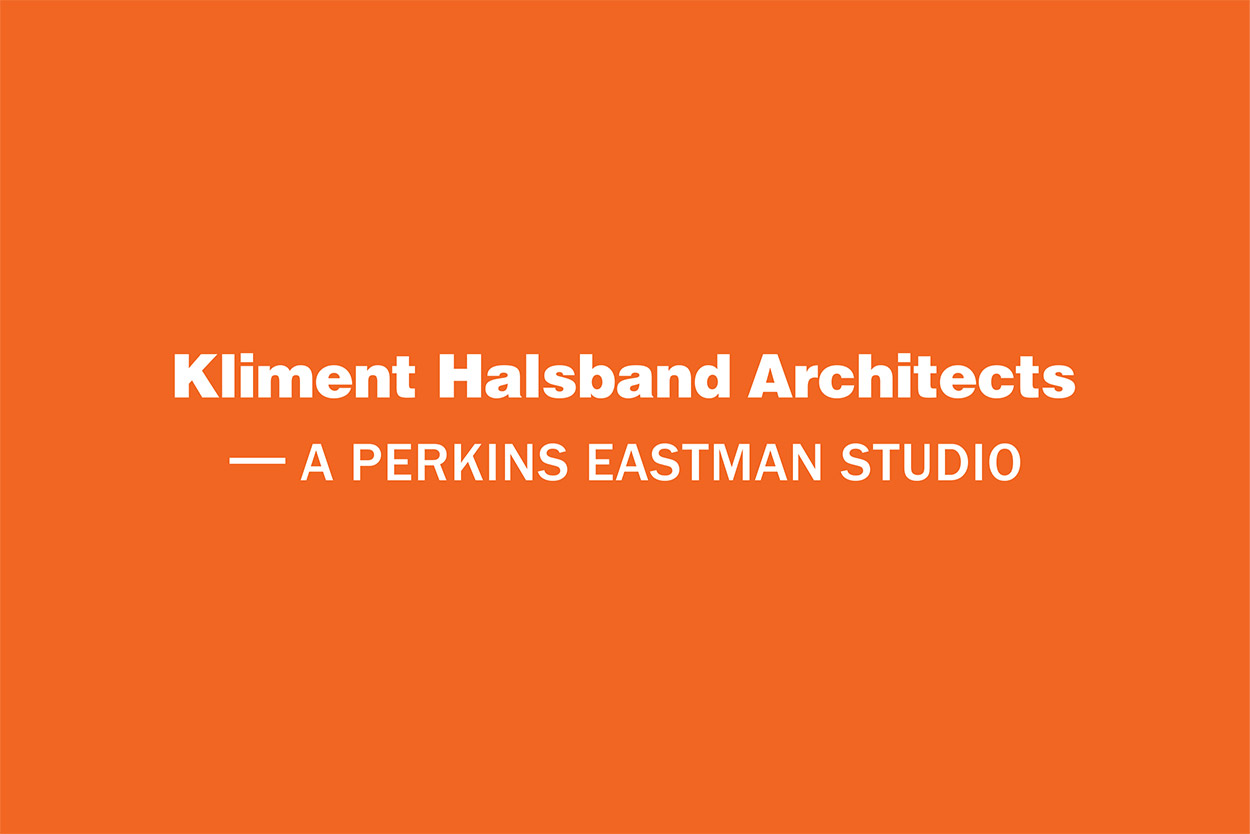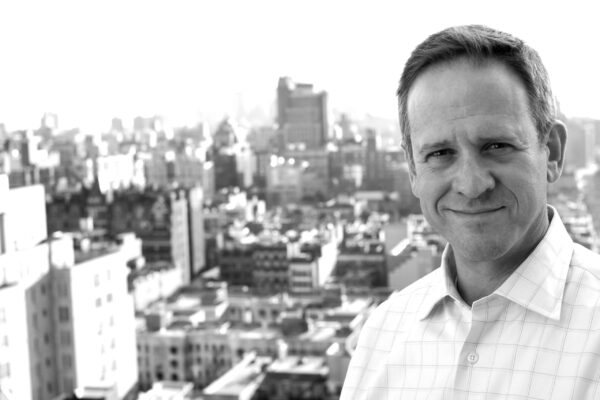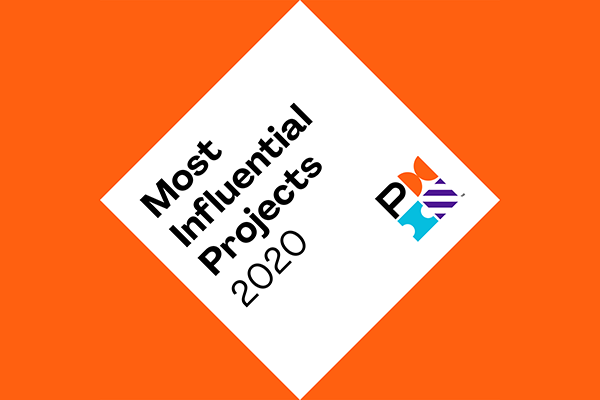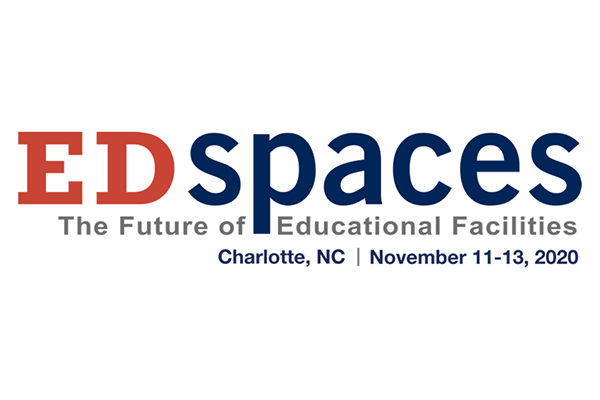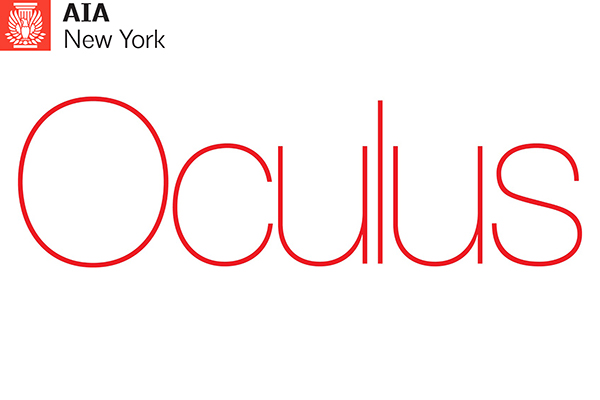We interviewed KHA Associate Caitlin Watson AIA to learn more about her recent work with Architects Declare and what they are aiming to accomplish
The first formation of Architects Declare emerged in the Spring of 2019 in the UK. The group organized to bring together architecture firms and allied institutions to bring awareness to the emergencies of climate change and biodiversity loss. Since then, branches of Architects Declare have appeared and assembled all over the world to turn this declaration into a global call to action.
This past May, the Architectural League of New York formed a steering committee to launch the United States chapter of Architects Declare. Caitlin Watson AIA, who leads our firm’s Sustainability Working Group and is a member of the Architects Declare steering committee, is passionately working to change the AEC industry’s traditional approaches to practice. From the way architects are educated to isolated and competitive office cultures, she hopes for a shift towards a more collaborative professional environment.
In its planning phase, how did the steering committee envision this US chapter?
CW: We are trying to transform the way architects see practice. We see Architects Declare as being a forum for designers and educators to share resources, research and questions, so we can all tackle this problem of climate change, biodiversity loss and social inequity together. It is meant to be a kind of labor network where we can work collectively toward certain goals, for example to disrupt extractive supply chains and to make policy asks that are very specific. We want to engage professionals in advocacy and to make the tremendous amount of research that is being done, and has already been done, accessible at a national scale.
How is the work organized?
CW: This week we are going public with three focused working groups; Carbon, Social Justice, and Biodiversity. All of them are going to engage in research, policy and advocacy, education, and the reorientation of architectural awards and journalism. So there will be initiatives that create opportunities for people to collaborate across working groups to re-evaluate existing structures and present a new system that will transform education, practice and the way we understand design excellence.
What is your role in these working groups?
CW: I am going to be a member of the Social Justice working group. The idea is that any individual, regardless of their position or experience, can join working groups to help contribute to the collective effort. Further, any office can join this network by becoming a signatory to Architects Declare.
How do you see Architects Declare being different from the existing efforts that have recently been trying to promote a more sustainable practice? How is this group going to change the situation more proactively?
CW: I’m interested in seeing the profession change. I think that the thing that all of us have been talking about and are very excited about is that Architects Declare does really represent a change of thinking about how we practice and how we can practice together. That is what draws me. We are talking about reframing the way we value our work as architects and the way that we work more broadly. We have kind of allowed ourselves to be siloed in individual offices where everyone is working for themselves, and this model has not benefited society or us as architects. We are constantly having to leverage our expertise to compete against each other for jobs, and it really has detracted from our ability to actually make meaningful change and to create spaces and places that can last and can serve people.
This is the start of something like that, of a place where we can share our knowledge and work collaboratively. There is a growing understanding that what we do in terms of sustainability has to change. We can’t continue to keep addressing climate change the way we have been. So something like Architects Declare that takes a grassroots approach to radical transformation needed to happen.
Would you say that what Architects Declare is aiming to accomplish is to loosen up the competition between firms by making the resources and knowledge available for everyone?
CW: Yes, the tools need to be democratized! There is so much to do and so little time, we should all be building this knowledge together. It shouldn’t be about trying to market ourselves as the premier builder of passive houses or timber buildings, for example. We need to help each other. If you are doing your first timber building or passive house project, you should be able to reach out to other offices for help. We need to be able to research and share resources as an industry. There is no time and what really needs to happen is that we all need to be good at this. Everyone needs to be good at sustainable design.
The idea is to create a space for making the skills, knowledge and resources highly accessible and to empower everyone to take it on , to feel supported. Once we’re able to break down those barriers, we’ll be much better equipped to work together toward deeper systemic change.
***
Kliment Halsband Architects is a signatory of Architects Declare. We are excited to share with you a little insight on the work this global community of professionals is doing and want to invite your firm to participate by becoming a signatory.
